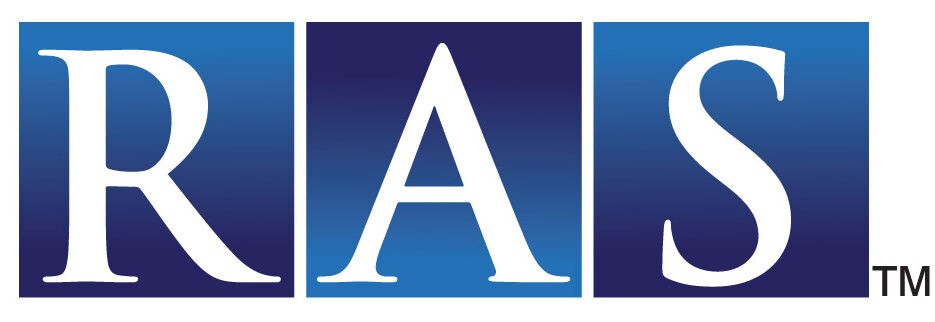Licensing and Regulatory Compliance
The Firm has developed a governance model that has placed with its Compliance Department the task of implementing and coordinating operating procedures, providing clarity in hierarchical flows of control, and managing the compliance program. The Compliance Department presides over the following functions:
Policy Management
The Compliance Department develops and implements written policies designed to ensure effective risk management and operational performance. The Compliance Department also proactively works to ensure that policies and procedures designed to promote Firm-wide compliance and risk-management are implemented throughout the Firm.
Incident Management
The Compliance Department develops and implements a process to identify, analyze and correct hazards in order to prevent future reoccurrences. This is accomplished by maintaining complaint logs and by performing post-incident analyses determining why an incident happened despite precautions and controls.
Compliance Management
The Compliance Department identifies applicable standards, relevant laws, regulations, contracts, strategies, and policies relevant to the Firm’s practice area and client base. The department presides over the Change Management Program and ensures effective and efficient management of changes in laws, regulations, client directives, business rules and strategies. Through training and education, process development and monitoring, the Firm minimizes risk to a level that is appropriate for stakeholder interests.
It is extremely important that the Firm stays abreast of legal and regulatory changes and to client specific procedural updates. The Compliance Manager maintains a log of legal and regulatory changes, which includes the date, bill number, summary of the change, follow-up required and level of impact. The Compliance Department also tracks significant client directives and updates. Depending on the nature and level of impact of the legal or regulatory change, or of the client procedural update, the Firm may train applicable employees, disseminate information and/or implement changes to processes and procedure. The Firm also understands the importance of communicating legal and regulatory changes to its clients. The Operations Manager along with relevant Department Managers play a critical role in disseminating this important information and keeping clients advised.
The firm maintains a dynamic database of compliance and licensing materials, as well as membership in nationally related organizations. The Compliance Department ensures that all Firm notaries and attorneys maintain current and active licenses.
Notaries
The Notary Compliance Leader maintains copies of state licenses for all Firm notaries. The Notary Compliance Leader at minimum semi-annually verifies with state authorities that all licenses are up to date and active. The Notary Compliance Leader maintains an active list of notaries which includes the commission expiration date for each. Additionally, signature cards for all notaries are kept on file.
Attorneys
The Compliance Department ensures that all firm attorneys and local counsel maintain active licenses by verifying this information at minimum quarterly with the State Bar. Specifically, the Compliance Department maintains an active list of attorneys and local counsel and checks that each attorney’s license with the State Bar is active. At the same time, the Compliance Department checks for any disciplinary history with the State Bar. All attorneys and local counsel are also required to complete their continuing legal education requirements in order to maintain their bar licenses. The Compliance Department maintains a log of each attorney’s continuing education requirements, and reviews the information monthly to ensure that all attorneys are in compliance.
Vendors
As part of the Firm’s Vendor Management Policy, the Compliance Department checks the public state records to verify that the applicable vendor is properly licensed in the state to do business. This information is confirmed at least annually thereafter, depending on vendor criticality. Additionally, as part of its vendor management program, all vendor contracts contain a continuing obligation to notify the firm of any changes in their ability to conduct business.
